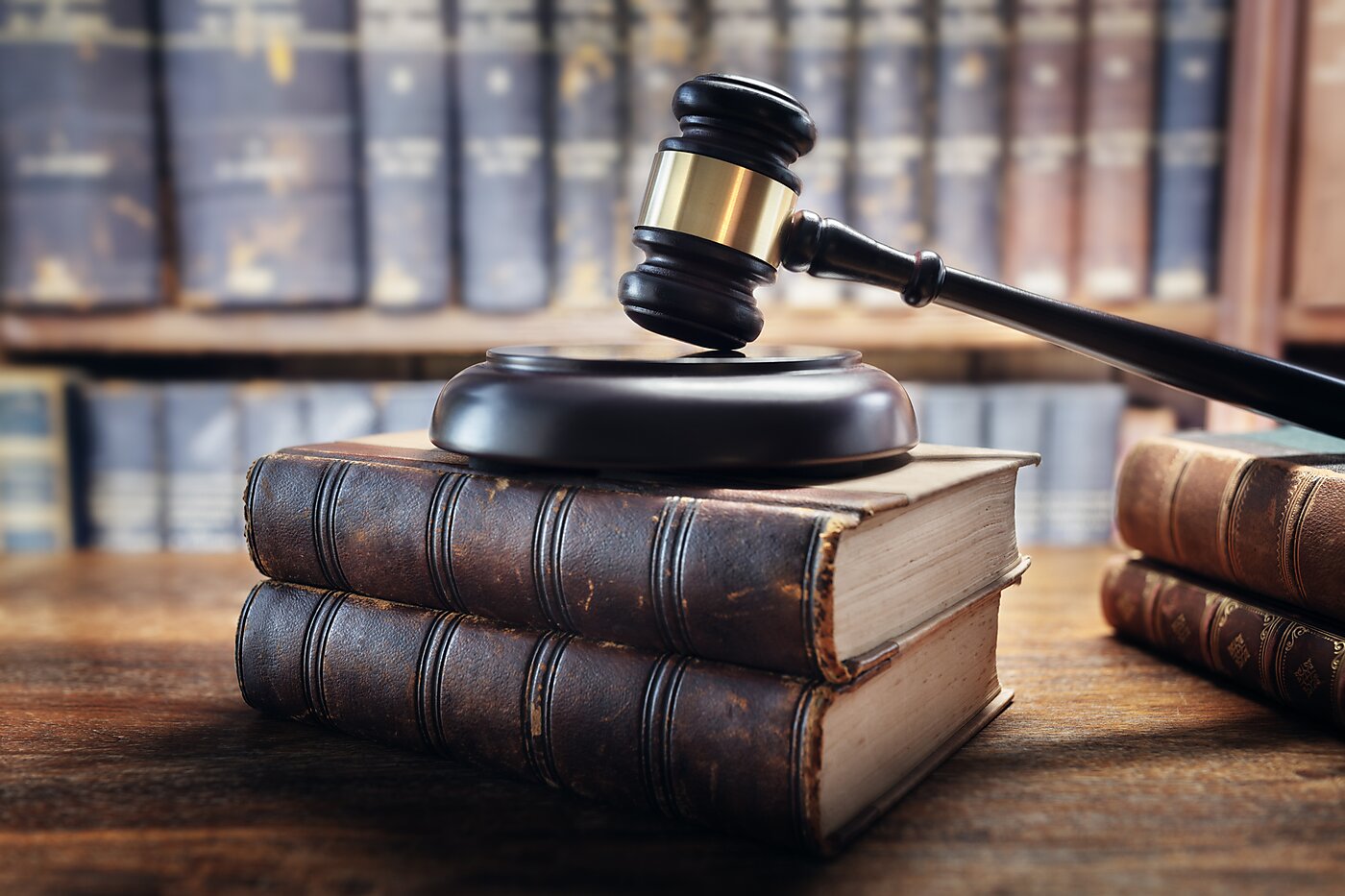The Cato Institute, the Southern Policy Law Center, and the Woods Foundation joined an ACLU legal brief on August 14 that urges the Supreme Court of Alabama to hold that the stop-and-question law does not require anyone to produce physical proof of their identity. Here are the details.
In May 2022, appellant Pastor Michael Jennings went to his neighbor’s house to water their flowers. Another neighbor called 911 to report a suspicious “younger, black male.” The defendant, police officer Christopher Smith, responded. He asked Pastor Jennings what he was doing on the property, and Jennings responded, “watering flowers.” Officer Smith then asked if Jennings lived there. Jennings explained, “I’m Pastor Jennings. I live across the street.… I’m looking out for the house while they’re gone.” Smith demanded Jennings’s ID, which the pastor declined to produce.
He was then arrested and charged with obstructing governmental operations. Smith later spoke with the 911 caller, who recognized Jennings and realized that she had made a mistake. Jennings’s charges were later dismissed.
Pastor Jennings brought a federal civil rights lawsuit under 42 U.S.C. § 1983. A federal district court granted summary judgment against him. On appeal, the Eleventh Circuit reversed, holding that Jennings gave officer Smith the information he was required to under Alabama’s stop-and-question law. Nevertheless, on remand, the district court certified a question to the Alabama Supreme Court asking whether the stop-and-question law lets an officer demand ID documents.
Cato, the Southern Policy Law Center, and the Woods Foundation joined the ACLU brief urging the Alabama Supreme Court to hold that the stop-and-question law does not require anyone to produce physical proof of their identity. Interpreting the law otherwise would contradict the remainder of the Alabama Code, which imposes no general requirement for pedestrians to carry physical ID cards. Indeed, fewer than half of Alabamians even have a driver’s license. Even if the law were ambiguous, Alabama law forbids construing statutory ambiguities in favor of criminal liability. What is more, reading the law to authorize demands for physical ID when someone gives “incomplete or unsatisfactory” oral responses would render it unconstitutionally vague. It would also implicate serious search-and-seizure and self-incrimination concerns under both the US and Alabama Constitutions.
The Alabama Supreme Court should agree with the Eleventh Circuit’s understanding of the stop-and-question law and rule in favor of Pastor Jennings.


